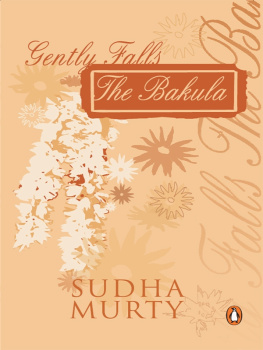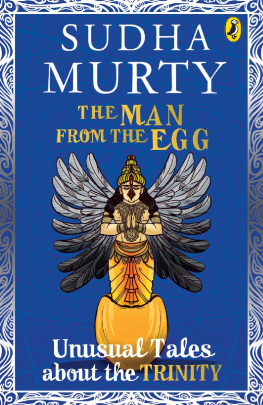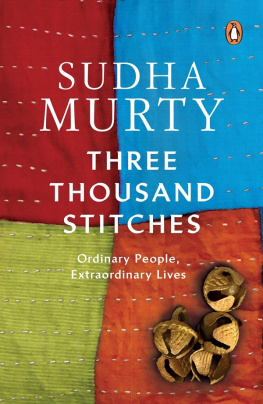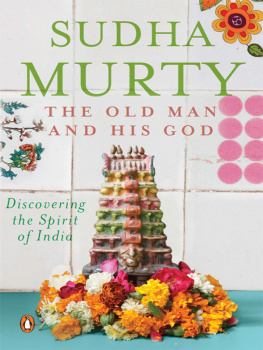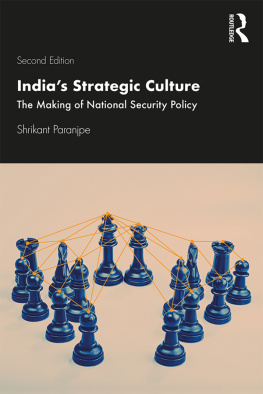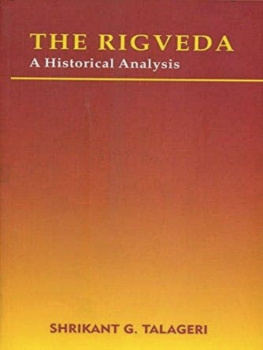This was my first novel in Kannada, written about three decades back. It was extremely well received then.
I had not seen the corporate world from close and only imagined how it functioned. But now, in real life, I have seen it all. I am aware that industrialization, technological progress and scientific advancement are necessary and bring prosperity to our country, but they have their own shortcomings. They create a whole set of problems, sociological and psychological.
This novel is set in north Karnataka in the 1980s, so it may appear outdated in some parts. But the story is such that it can happen in any part of the country, even today. There must be innumerable couples who have been through, and are still going through, such dilemmas, be it in a small town or a mega city.
I have chosen Hubli and Bombay as the setting for the novel. These two places are very dear to my heart, since I grew up in one place and in the other, I have enjoyed working.
I would like to thank Keerti Ramachandra for editing the manuscript and Penguin for publishing the novel.
ONE
I t was a day of great excitement for the students of Model High School, Hubli. The results of the district-level interschool essay competition were to be announced that morning. The competition, open to students of the tenth standard, was a prestigious one not because of the prize money, but because the award had been instituted by a highly respected essayist. The prize-winning essay would be sent to the state-level competition.
The hall was abuzz with anticipation. The boys were in animated discussion, the girls in whispered speculation. Competitions such as these invariably threw up unexpected winners. Ugly ducklings often turn into beautiful swans when they are tested. So who was it going to be this time? The suspense was palpable.
When the history teacher Mr Kulkarni walked in, a sudden hush fell upon the room. Sensing the tension in the air, Mr Kulkarni decided to prolong the suspense a little longer.
He began by saying, I know all of you are waiting impatiently for the results of the essay competition and to know who the winner is. But I am going to ask you to wait a little longer. I will read out the essay first and allow you to guess who the author of it could be. After hearing the essay I am sure you will agree that it is a most mature and heartwarming effort, definitely deserving of the prize.
A few ooohs and mild protests of tell us first, Sir, were quickly silenced, as Mr Kulkarni began to read:
All are my children...
I am like their father.
Like any father wishes for his child,
Happiness and comfort,
I wish that for all human beings;
Eternal joy.
Wherever I am,
Whether I am having my dinner or at a party,
Whether attending to matters of secrecy, or inspecting the cattle pens,
Whether on a journey or resting in my garden,
Informers must bring me the news of my subjects.
Wherever I am I will work relentlessly to benefit my people.
Sacred of all duties is the path of dharma.
A man who is not conscious cannot follow dharma.
Dharma should flourish; not perish
Let people strive for its growth,
And not wish its destruction!
These are words inscribed on the stone edicts of Devanampiya Piyadassi Ashoka. Ashoka, the son of Bimbisara and grandson of Chandragupta Maurya has earned for himself a special place in the history of the world. There have been many great kings who fought wars and won major battleslike Alexander. There were great saints, full of compassion and who showed kindness to all living creatures, like Christ and Buddha. But the combination of a king and a saint there was none, other than Ashoka.
Emperor Ashoka was a great human being. After the battle of Kalinga, he saw the terrible suffering inflicted on the people as a result of the war and he was horrified. His heart melted and he decided to be more tolerant and compassionate and dedicated the rest of his life to the practice and preaching of Dharma. He began to look upon his subjects as his children and did everything for their welfare.
When we study his rock edicts, we understand the nature of this noble king and come to know his valuable thoughts about Dharma.
Perhaps, Ashoka did not have a change of heart and turn to non-violence merely because of the Kalinga war! That event may have merely acted as a spur for an already gentle and sensitive emperor.
Ashoka had his edicts etched throughout the kingdom, on pillars, on stones and in caves. It is said his kingdom stretched from Karnataka in the south to Pakistan and the borders of Afghanistan in the north; from the Arabian Sea in the west to what is now Orissa (then Kalinga) in the east. He had them inscribed in Pali, Prakrit, Brahmi and Aremic so that his message would reach the common man. He has described the Kalinga war too in some instances. It is said that in those days when the population was small, one hundred thousand people were killed in the war and the river Daya, on the banks of which the war was fought, had flowed red with blood. A hundred and fifty thousand people were taken away as prisoners. One can imagine the horrors of that war!
Some of the edicts of the emperor can be found in Maski, Gavi Mata in Raichur district and Siddapura in Chitradurga district. That it was Ashoka who was known as Devanampiya and Piyadassi, the Maski stone edict was the first to reveal.
The edicts inform us that he was a great warrior, kind to his subjects, a worthy emperor and a deeply religious ruler. Today the kingdom of Ashoka does not exist. But the principles of the five ideals known as Panchasheela, formulated by him, are the greatest treasures he has left to this modern world of conflicts. The systems of administration he set up are commendable! That is why the name of Ashoka, who did not remain merely dear of gods but also dear of people, is today shining bright not only in the history of India but also in the history of the world. I salute such an emperor.
India, which boasted of such a kind monarch, is blessed. It is a land as holy as he who ruled it. The ancient Kannada poet Pampa wrote:

